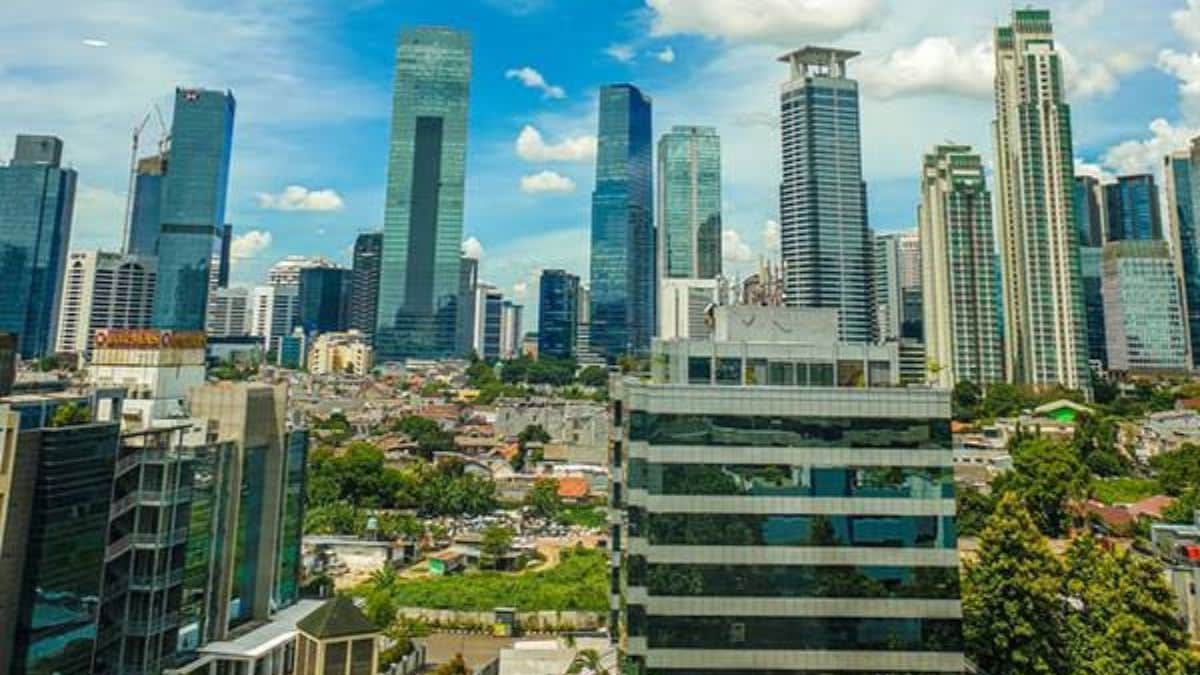In a significant development for Indonesia’s telecommunications sector, the government has decided to delay its planned auction for 5G spectrum frequencies. This postponement comes in response to a notable lack of interest and demand from major telecommunications companies.
Originally scheduled to take place later this year, the auction’s delay reflects broader concerns within the industry regarding the economic viability and strategic value of 5G investment at this time. The government’s decision to push back the auction underscores the challenges facing Indonesia’s telecommunication sector as it navigates the complexities of rolling out next-generation network technology.
The decision has been met with a mix of caution and relief from the telecommunications companies, which have expressed reservations about the high costs associated with acquiring spectrum licenses and the uncertain return on investment. Despite the government’s push to advance digital infrastructure as part of its broader economic development strategy, the telcos’ hesitation highlights the need for a more conducive environment to stimulate interest in 5G technologies.
Indonesia, which has been keen on positioning itself as a leader in digital transformation in Southeast Asia, faces a critical juncture in its technological ambitions. The delay in the 5G auction may impact the country’s broader goals for digital connectivity and innovation, potentially slowing the deployment of high-speed internet services crucial for economic growth and modernization.
The government has indicated that it will reassess the timing and conditions of the auction to better align with market conditions and industry readiness. This move aims to create a more favorable environment for telecom operators and ensure that the roll-out of 5G technology is both economically viable and strategically sound.
The postponement also comes at a time when global tech and telecom markets are experiencing turbulence, with many countries reassessing their digital infrastructure investments in response to shifting economic conditions and technological advancements. As Indonesia prepares for the revised auction schedule, the focus will likely remain on addressing the concerns of telecommunications providers and crafting policies that support robust and sustainable growth in the 5G sector.
The government’s decision highlights the ongoing balancing act between advancing technological infrastructure and managing economic realities in the rapidly evolving telecommunications landscape.

